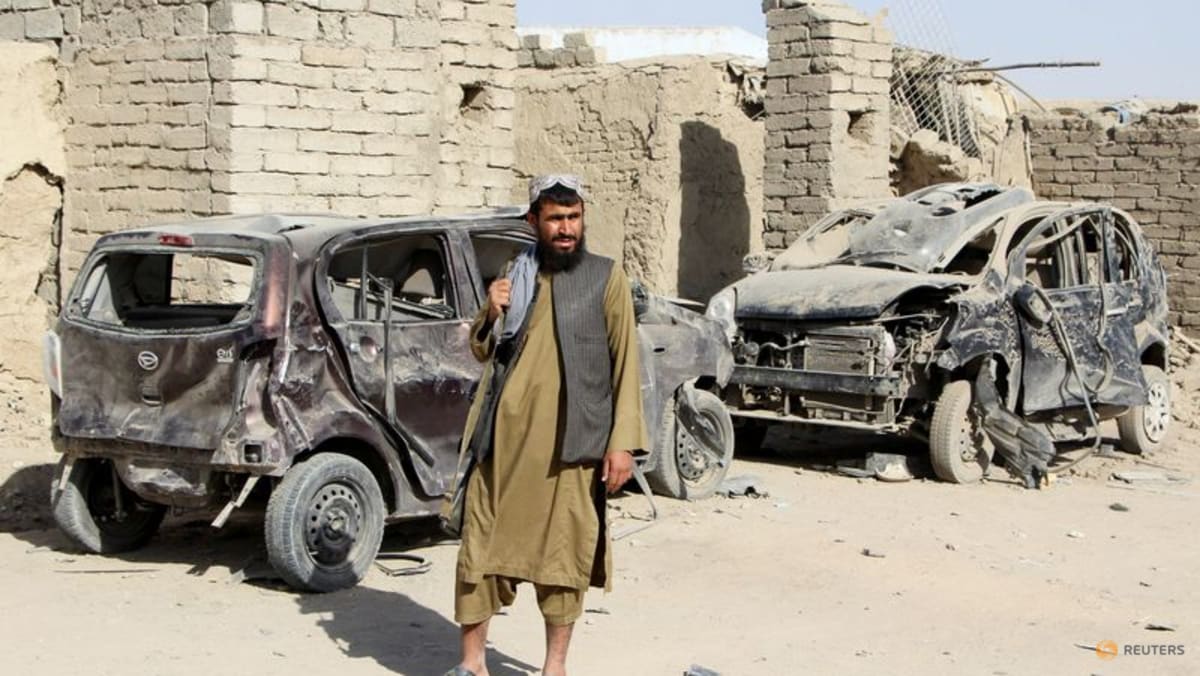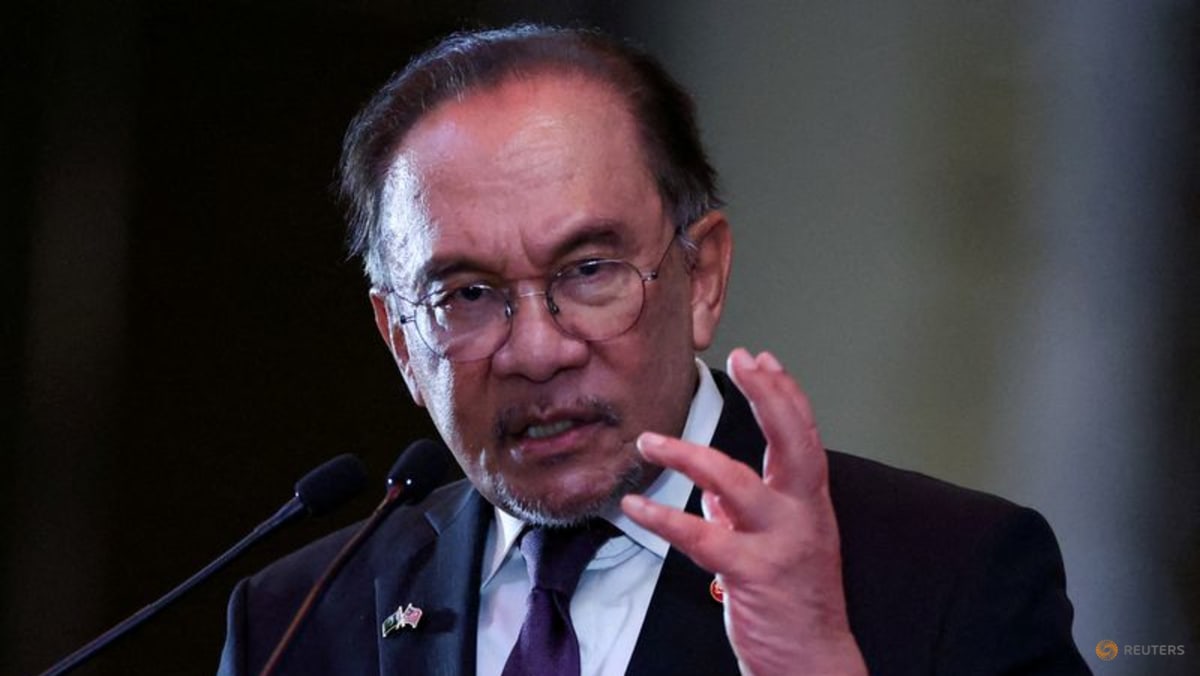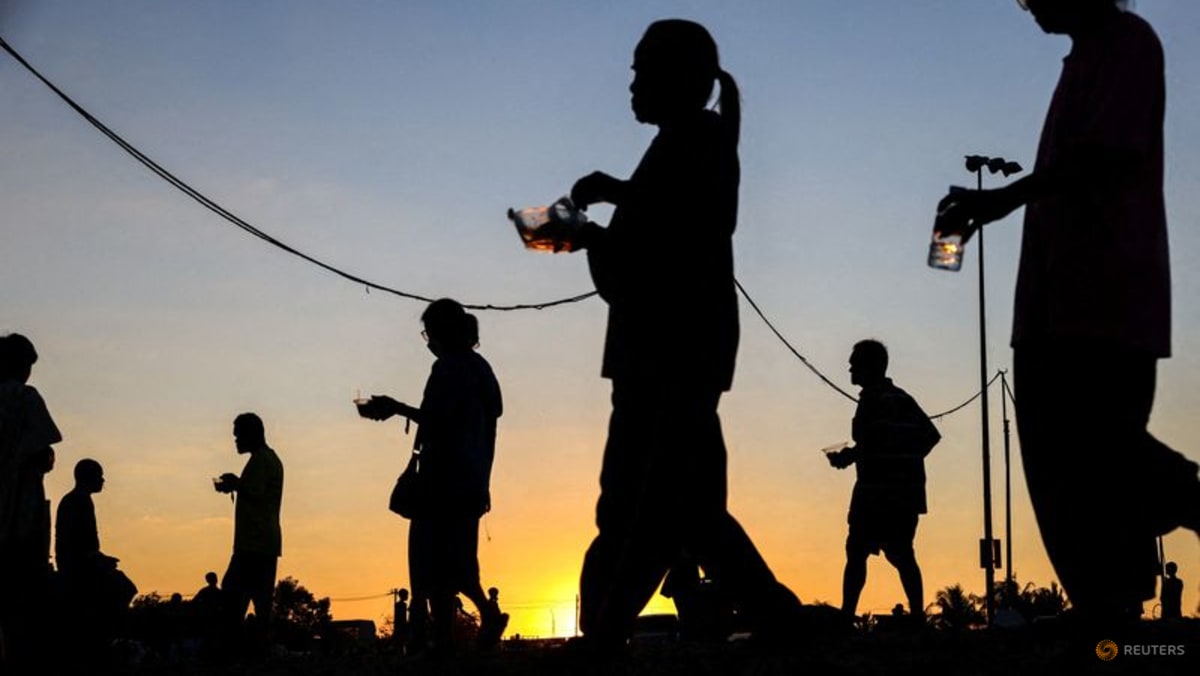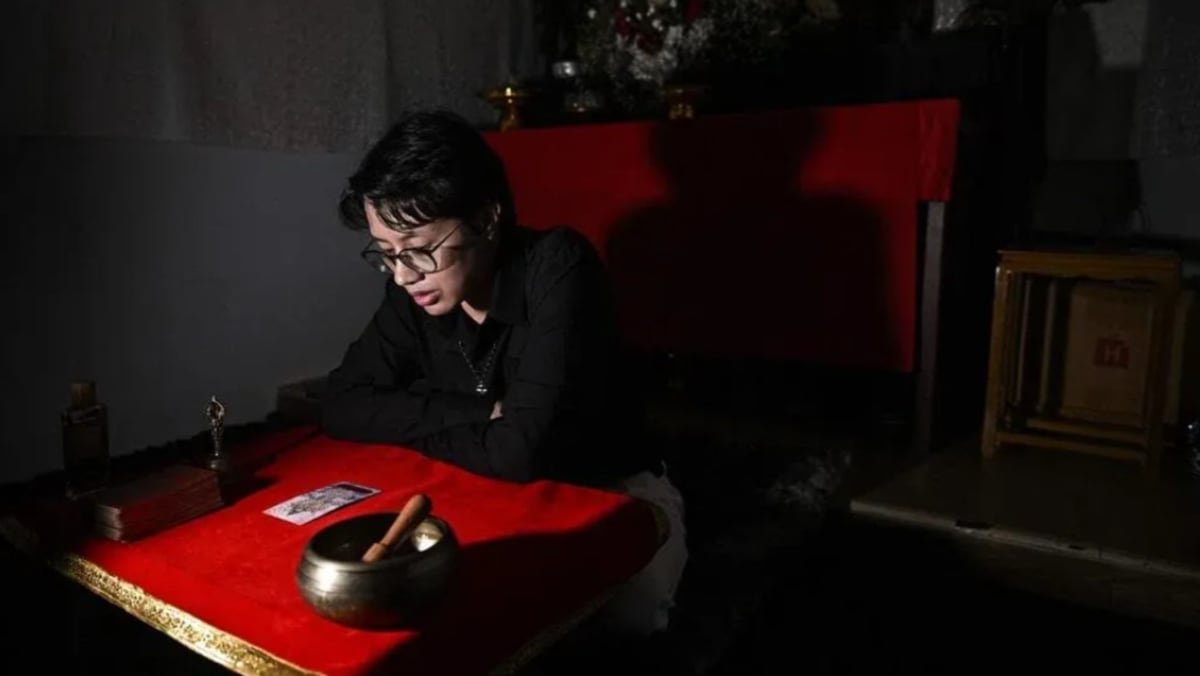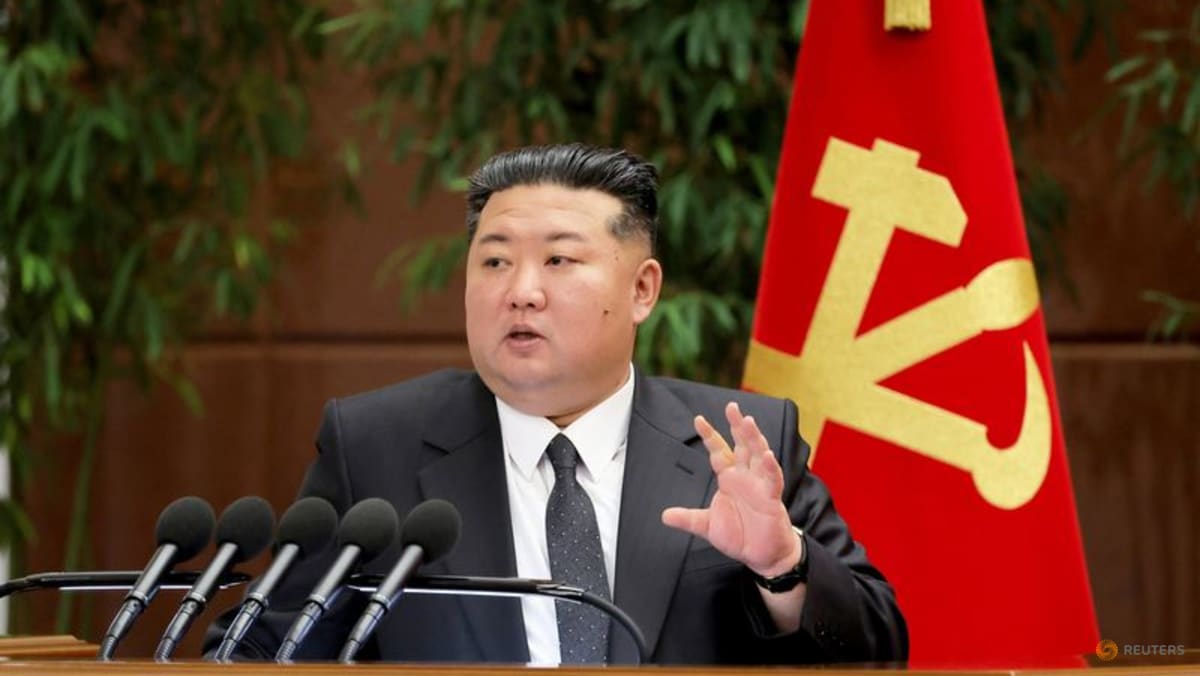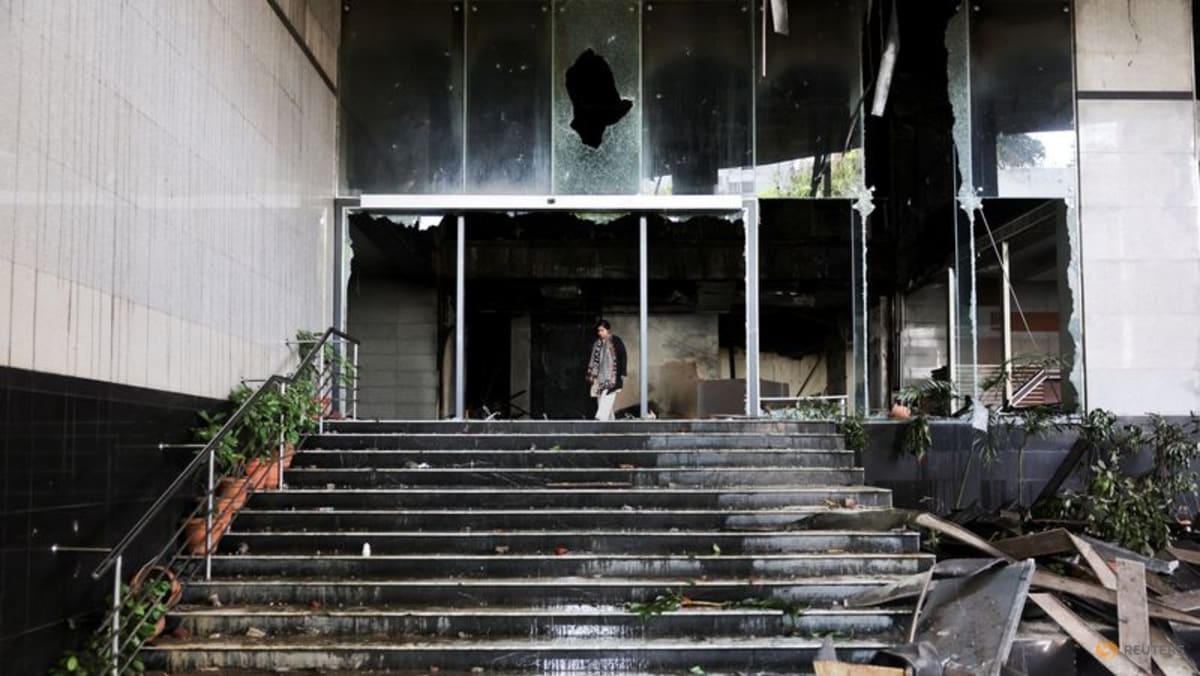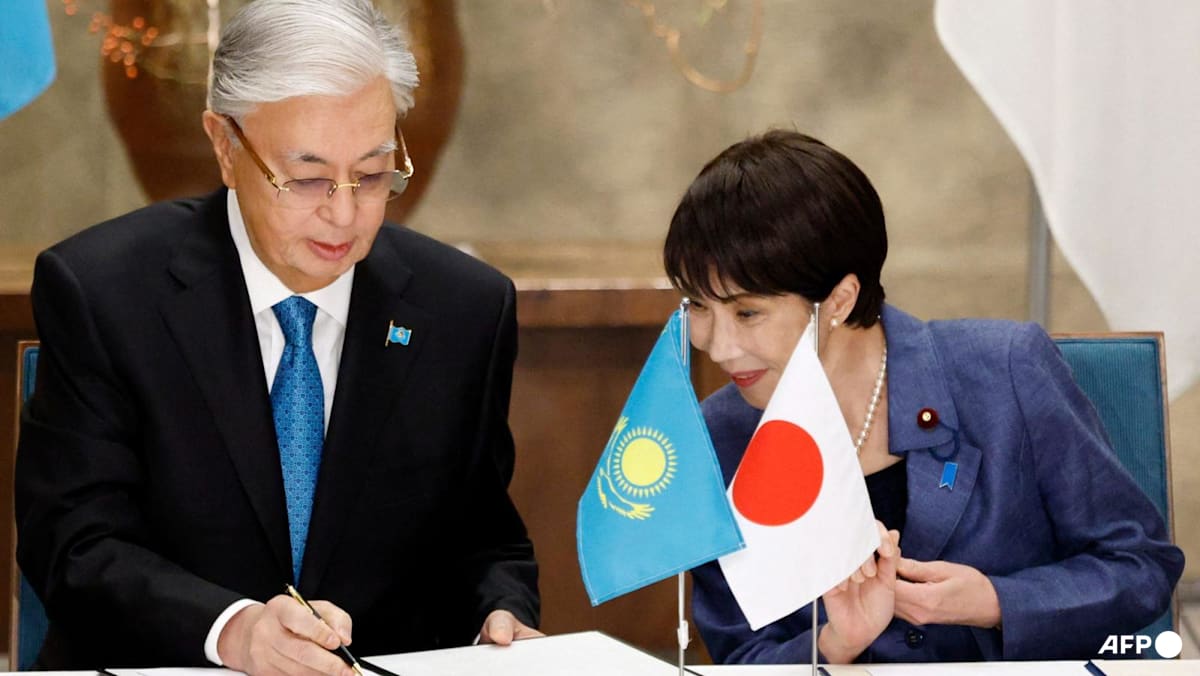Japan to release Fukushima water into ocean starting Aug 24
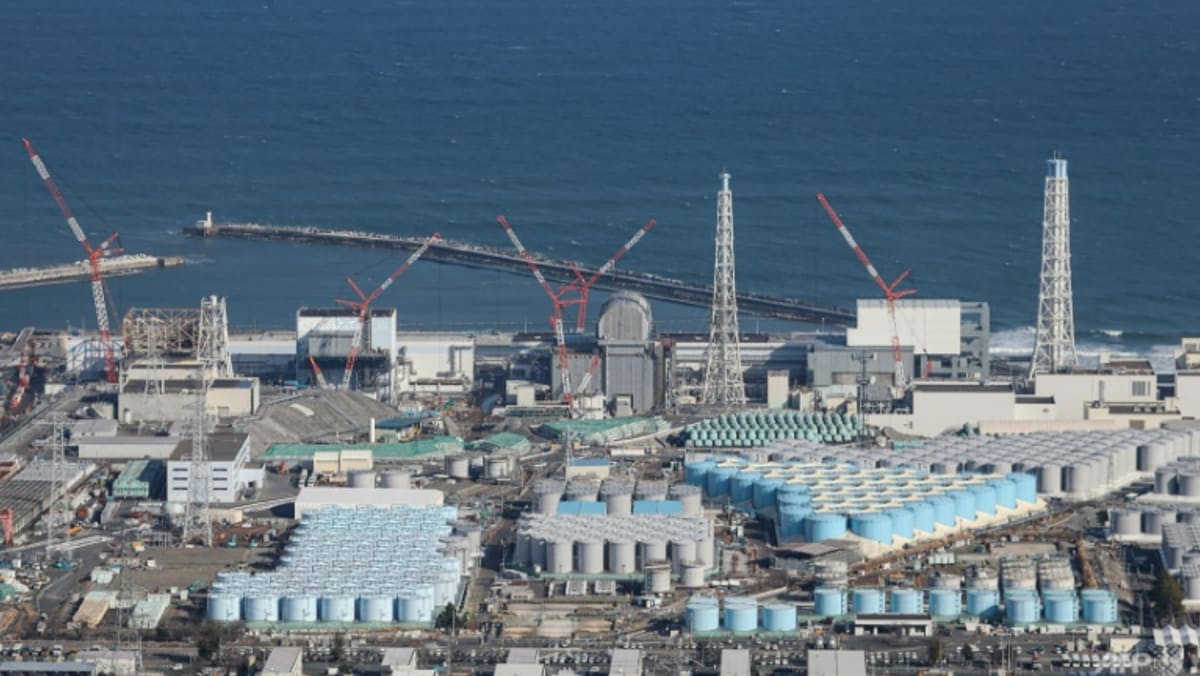
SCEPTICISM ABROAD
Some neighbouring countries have expressed scepticism over the safety of the plan, with Beijing emerging as the biggest critic. Foreign ministry spokesman Wang Wenbin said in July that Japan had shown selfishness and arrogance, and had not fully consulted the international community about the water release.
China bans seafood imports from 10 prefectures in Japan, including Fukushima and the capital, Tokyo. Seafood imports from other prefectures are allowed but must pass radioactivity tests and have proof they were produced outside the 10 banned prefectures.
South Korean activists have also protested the plan, although Seoul has concluded from its own study that the water release meets international standards and said it respects the IAEA’s assessment.
Pacific Island nations have been split over the matter, given their own history of being nuclear testing sites for the United States and France. Fiji’s prime minister, Sitiveni Rabuka, issued a statement on Monday saying that he backed the IAEA report, but acknowledged that the issue is controversial in the Pacific Islands.
Kishida said on Tuesday that he believed an “accurate understanding” of the matter was spreading in the international community.
Japan has said the water will be filtered to remove most radioactive elements except for tritium, an isotope of hydrogen that is difficult to separate from water. The treated water will be diluted to well below internationally approved levels of tritium before being released into the Pacific.
The water was used to cool the fuel rods of Fukushima Daiichi after it melted down in an accident caused by a huge tsunami in 2011 that battered Japan’s eastern coast.
A Japanese official said the first test results of the seawater after the discharge may be available at the start of September. Japan will also test fish in the waters near the plant, and make the test results available on the agriculture ministry’s website.
Source: CNA






